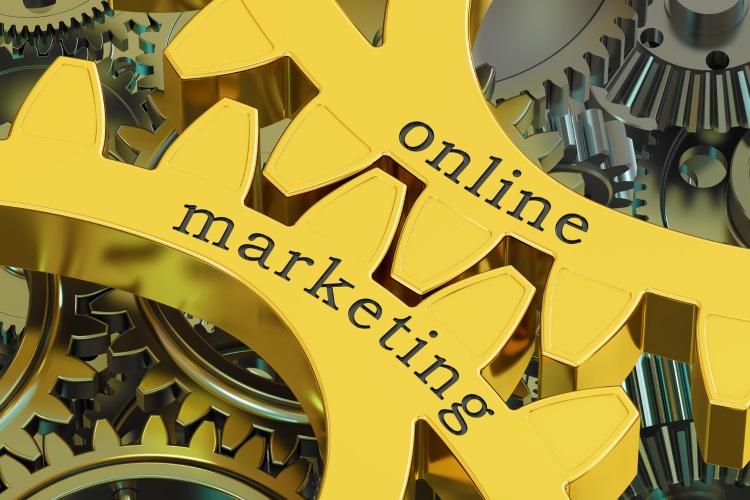
Marketing has always been an important – even back when it was adverts in the newspaper or billboards. However, we now live in an online world in which the vast majority of consumers are permanently plugged in to the internet via smart devices. The online sphere has completely changed the way in which businesses approach marketing, offering an incredibly powerful tool at their discretion. However, online advertising involves so many different factors and it can be daunting to know where to begin.
Goals
One of the main pitfalls when creating an online marketing strategy from scratch is attempting to do everything and, in the process achieving nothing. There are many avenues to choose from- SEO, brand recognition, Google, viral marketing, content, lead generation and the list goes on. Going in to the process without setting out a plan isn’t likely to garner success. Preparation is key and deciding which aspect or aspects of advertising that you’d like to employ will not only streamline the overall process but will also help to save time and resources. Map out the campaign ahead of time and this will offer a clear roadmap to follow.
Target Market
Who are you selling to? That is a vital question when designing an online marketing campaign. The vast majority of businesses will have some sort of idea on their target audience but precision is important. Relying on broad categories such as gender, age or location are unlikely to focus marketing in the way that is required. A much clearer, more detailed insight in to the target customer is required and this can only be achieved through research. Whether it’s the use of surveys, test products, analytics or ideally a combination of everything, research is paramount. Interestingly, companies are often surprised to find out that their actual customers differ from their target customers and have to adapt accordingly.
In-House or Contracted?
Choosing whether between in-house marketing and outsourcing to a dedicated agency will depend on different factors, namely the scale of the campaign and the budget. If you’re looking for a multi-pronged approach that will require a heavy investment of time and effort, it may make more sense to employ a third-party marketing agency. They will have the experience and resources required but this will obviously require a hefty budget. If budget is an issue or if your project is smaller, then in-house is best. A dedicated marketing team is a massive advantage but not always tenable, especially with smaller companies. Tailor the project to you and the resources available to you.
Search Engines
Search engine results are an important aspect of marketing, whether it’s through the use of Search Engine Optimisation (SEO) or Pay Per Click (PPC) advertising. The overall aim of the majority of companies is to rank high on search results- namely Google. The organic way of accomplishing this is to encourage searching through high quality content or brand awareness. This isn’t always easy so many opt for SEO, which involves the use of keyword rich content in a way to boost your ranking in results. This is a viable approach but takes time and effort. Conversely, you have PPC adverts which are bumped up in search results but obviously these are paid for. However, it’s worth keeping in mind that businesses only pay for the advert when a consumer clicks on it. Both techniques have been very popular in recent years but there’s definitely a shift happening towards more modern, organic approaches.
Social Media
Social media is the single most valuable tool for marketers. This is because it provides a direct connection between the business and the potential consumer. It’s also a platform that allows for a variety of marketing techniques- whether it’s traditional PPC adverts, content publishing, viral posts or just brand awareness, social media is incredibly versatile. However you choose to utilise sites such as Facebook, Twitter, Instagram and YouTube, a continual and vocal presence is paramount. Post often and engage with visitors and this will boost your overall social media strategy.
Review
Planning and launching a marketing campaign is only half the battle, continual assessment ensures long-term success. Not everything is going to work and that’s fine but evolution needs to happen in real-time. Utilise analytics, customer data and feedback in order to gauge which aspects of your marketing campaign are hitting the mark and which aren’t and change accordingly.

